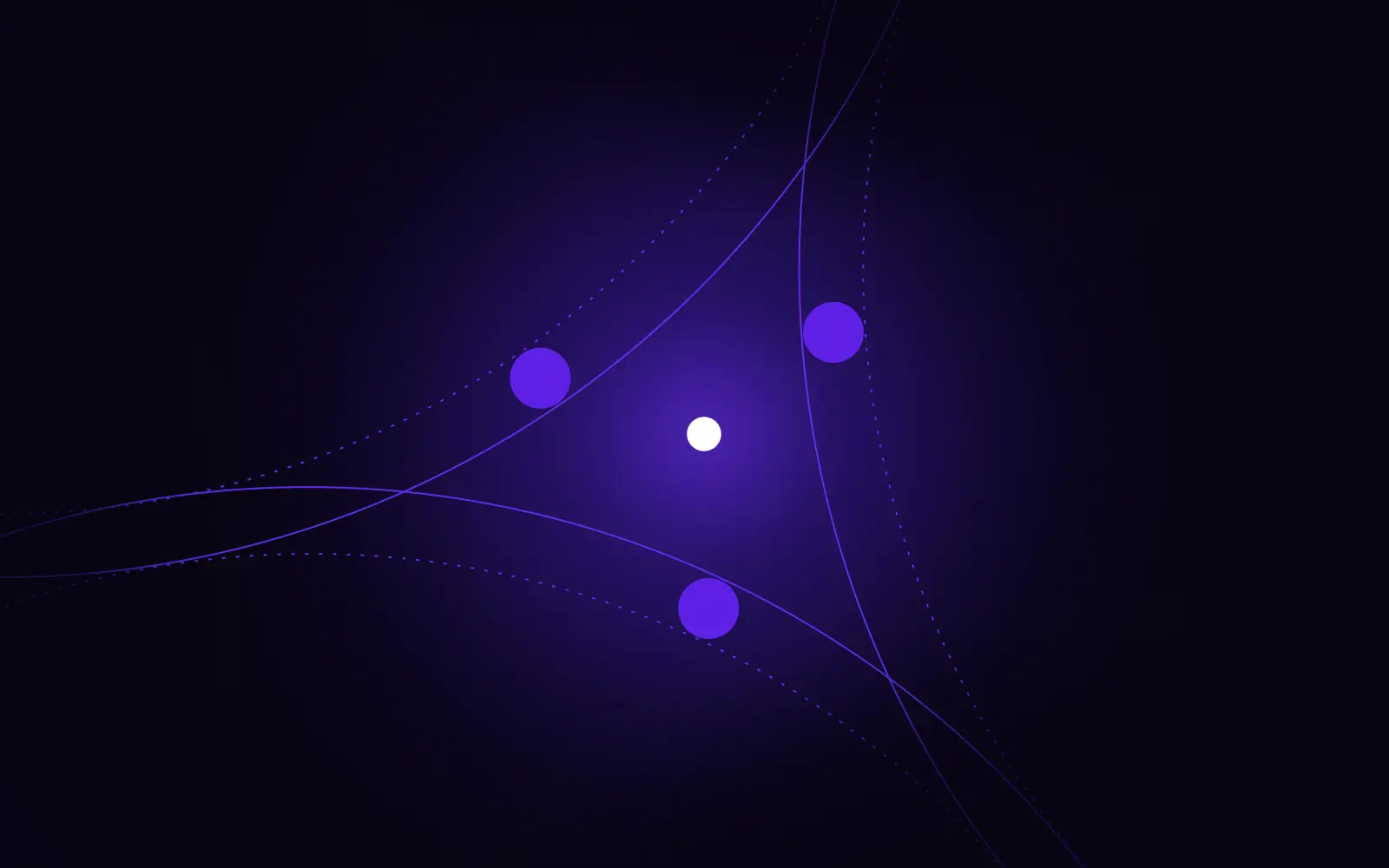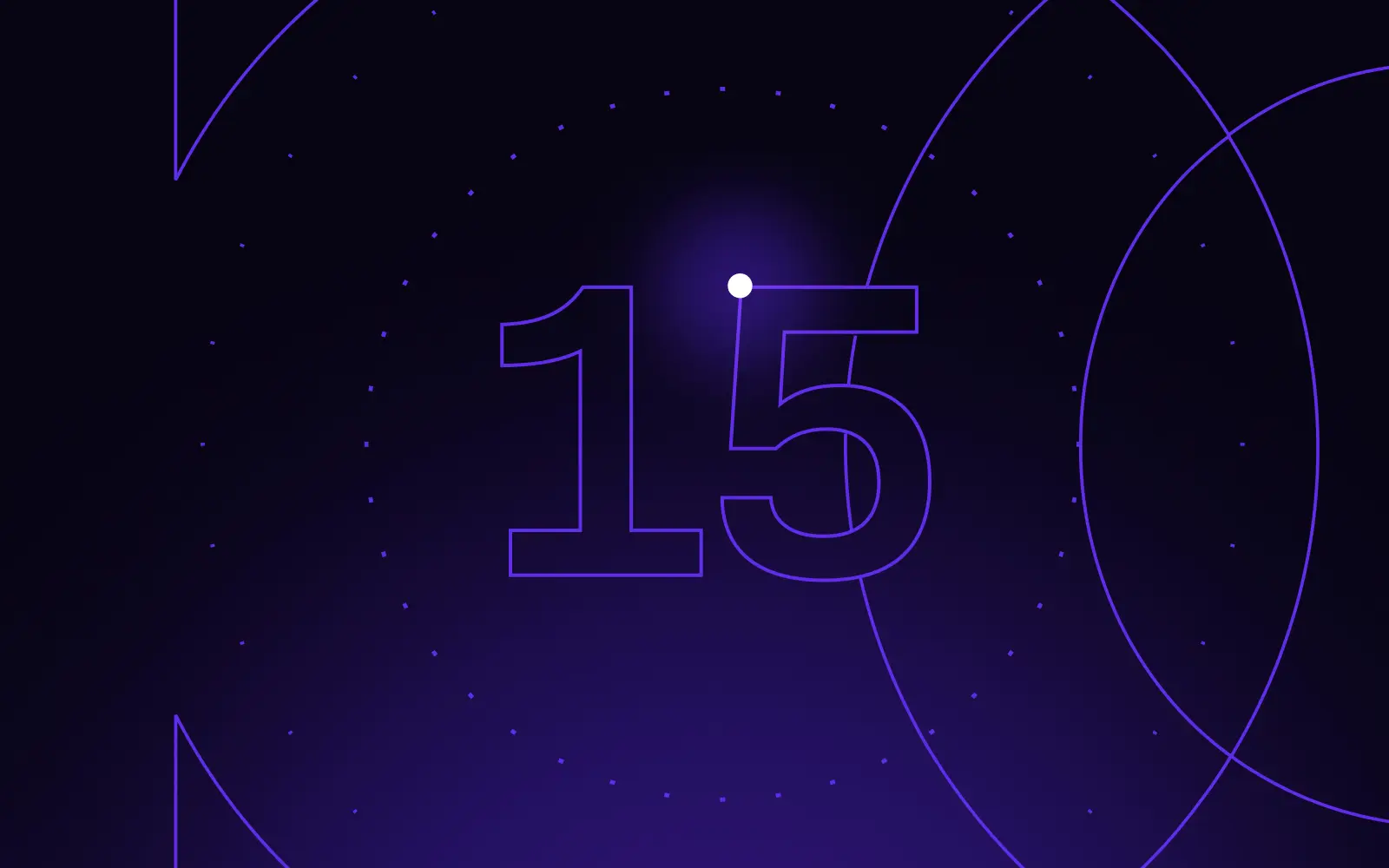
Welcome to our ‘Meet The Clouders’ series. Today, we’ll be talking to Michał Hossien, who is part of 10Clouds’ Pre-sales team. Spirituality has always been a big part of Michał’s life and it also has an impact on the way that he approaches his work. We talk to him about his current position and his varied experiences.
Welcome Michał.
At 10Clouds, you’re part of our Pre-sales team. What does your role involve?
As a member of the Pre-Sales team, I am responsible for the technical and business analysis of our customers' needs. My role involves aligning these needs with 10Clouds' offering and guiding customers towards their destination, considering the overall technical and business landscape, the financial capabilities of the customer, and their business goals.
I see our team as being like the middleware software that provides support for both the Sales and Delivery Teams. On one side, we offer assistance in the discovery stage, aiming to extract as much valuable information as possible from our customers. We then use this information to provide accurate estimations and mutual understanding. On the other side, we assist the delivery and estimation team in better understanding the business logic behind specific features and engage in the estimation process.
What do you find most fascinating about your role? How is it evolving?
The dynamic and continuous growth. Working in Presales keeps me on my toes, adapting to the ever-evolving technology landscape, understanding diverse customer needs, and aligning with the company's strategy. Each week brings new challenges, prompting me to dive into different domains, analyze business and customer profiles, and validate innovative ideas. It's like a constant learning journey.
And when it comes to the evolution of the Presales role, it's a bit like a personal adventure. It really depends on individual preferences and technical expertise in specific areas. Sometimes it involves facilitating estimations, gathering knowledge, or diving into business analyses. Other times, it's about contributing to the sales process or even shaping full-fledged solution architectures.
But no matter the focus, one thing remains constant—Presales professionals should always aim to take responsibility for the entire solution proposed to the customer.
So now let's delve into what fascinated me most about your life outside of work. Spirituality plays a big role in everything you do and in the past you were a monk. Could you tell us more about this?
Sure, but first I’ll give you a bit of context. I didn't grow up in a Hindu family or an overtly spiritual environment. Instead, my upbringing was rooted in the spirit of exploration and knowledge gathering. I was taught to question everything, understanding that what we consider facts today might not hold true in the future. This led me to look for answers on my own, to challenge and question rather than accept things blindly.
By the time I was 16, I’d already delved into a substantial number of books and philosophical texts, but despite my curiosity, many of the questions I had couldn’t be easily answered. So, I set out on a journey of self-discovery. After two years of searching, questioning, and researching, I found a path that resonated with me and which led me to the idea of becoming a monk, within the context of Hinduism.
Could you tell us more about Hinduism – what can we learn from it in the modern age?
Before delving into Hinduism, let's briefly understand what it represents. Hinduism is often described as Sanatana Dharma, meaning the Eternal Religion, or more simply, a way of life.
Unlike centralized organizations, Hinduism operates more like an EVM-compatible blockchain. Each tradition within Hinduism has unique features that come together to form a cohesive concept. Now, there are various aspects of Hinduism that can be applied to the modern age, but let's focus on what might be most intriguing to readers—why I decided to become a monk.
One common concept in Hinduism is the four ashramas, or stages in life, with the first being brachmacharya – a stage of being a student or a monk. The underlying idea is that our current life, much like it was around 4,000 years ago when this concept was developed, is filled with distractions. It doesn't offer us the time and space to deeply contemplate who we are and what truly matters to us during our time on Earth.
So, monkhood serves as a way to disconnect from the noise, to firmly establish oneself within, and to gain insights into the path one wants to tread. It's about acquiring knowledge about life and oneself, setting goals—both material and spiritual—and working towards them.
What elements of Hinduism still permeate your work and daily life?
Essentially, everything, although the focus has shifted. As a priest/monk, the emphasis is on service and knowledge gathering, intending to utilize this knowledge later for personal growth and the well-being of those around you. While I continue to live my life in accordance with many Vedic traditions, my current focus leans more towards the practical application of the knowledge and experience I've gathered.
I actively strive to use my knowledge to lead a happy and fulfilling life, and, on top of that, contribute to making the world a slightly better place by helping those around me.



